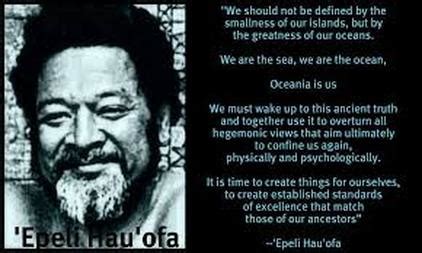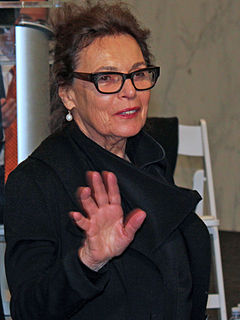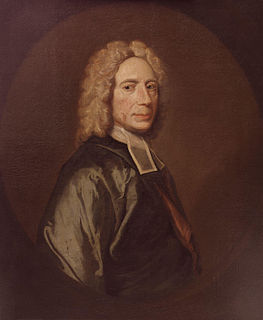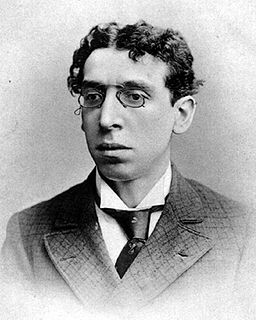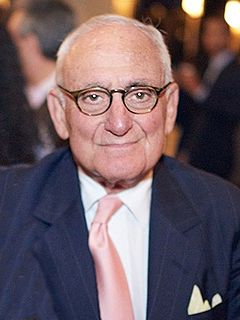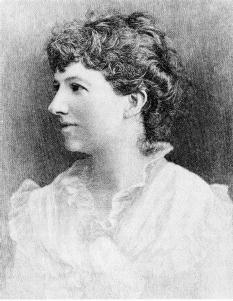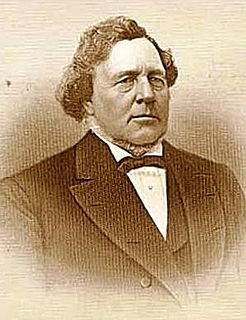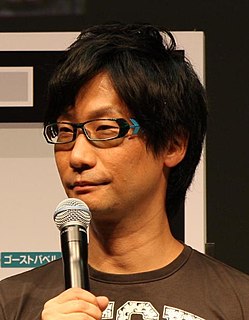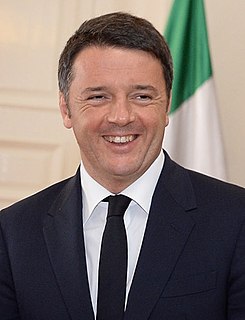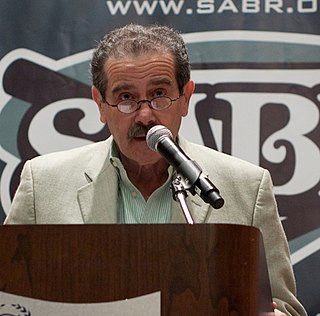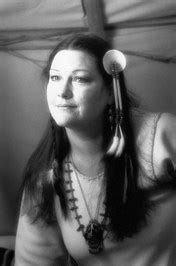Top 1200 Our Past Quotes & Sayings
Explore popular Our Past quotes.
Last updated on April 14, 2025.
The Past is dead, and has no resurrection; but the Future is endowed with such a life, that it lives to us even in anticipation. The Past is, in many things, the foe of mankind; the Future is, in all things, our friend. In the Past is no hope; The Future is both hope and fruition. The Past is the text-book of tyrants; the Future is the Bible of the Free. Those who are solely governed by the Past stand like Lot's wife, crystallized in the act of looking backward, and forever incapable of looking before.
That the past is ahead, in front of us, is a conception of time that helps us retain our memories and to be aware of its presents. What is behind us [the future] cannot be seen and is liable to be forgotten readily. What is ahead of us [the past] cannot be forgotten so readily or ignored, for it is in front of our minds' eyes, always reminding us of its presence. The past is alive in us, so in more than a metaphorical sense the dead are alive - we are our history.
What the nostalgic past and the imaginary future seem to share in common is a form of idealism, perhaps a dream of wholeness. Our future is just as goopy with sentiment as our past. To me, they're the same, both very tempting, and I don't believe in either, although the idealism is probably important.
Istanbul is divided by time, not space. The first Istanbul is the Istanbul of the past. A long time ago, during the empire, it was beautiful, it was the glorious time of our nation, people say. Then, when they talk about today, they complain about it: It's very melancholic, it's very stressful. We've lost our golden age in the past, and now we're living in our dark era.
That's why we feel so disoriented, irritated even, when these touchstones from our past are altered. We don't like it when our hometown changes, even in small ways. It's unsettling. The playground! It used to be right here, I swear. Mess with our hometown, and you're messing with our past, with who we are. Nobody likes that.
Why cry about missed opportunities when you have the ability to smile at opportunities lived? The past has created who you are NOW, where we learn and grow from the past, never resting upon previous achievements or allowing past failure to paralyze us in our current endeavor. All that was has created us to be the best we currently are for our greatest hour is about to arise!
In detachment lies the wisdom of uncertainty...in the wisdom of uncertainty lies the freedom from our past, from the known, which is the prison of past conditioning. And in our willingness to step into the unknown, the field of all possibilities, we surrender ourselves to the creative mind that orchestrates the dance of the universe.
But the past does not exist independently from the present. Indeed, the past is only past because there is a present, just as I can point to something over there only because I am here. But nothing is inherently over there or here. In that sense, the past has no content. The past - or more accurately, pastness - is a position. Thus, in no way can we identify the past as past
Leonard de Vinci, for example, is a great artist, but he is living in the past. However, I don't feel John Cage and Matsuzawa Yutaka as artists who live in the past. Their ideas are still alive in our world because they express the very important concerns of our age. That is why I could trust them as "contemporary artists".
The Toltec tradition tells us that we surrender a portion of our life force when we dwell on any unhealed wounding event from our past. The unprocessed emotions surrounding these events burden us and weigh heavily on our hearts. They must be dealt with if we want access to all of our vitality. Ultimately, what we will find is that forgiveness is the key to reclaiming all the life force locked in past hurt.
Our achievements speak for themselves. What we have to keep track of are our failures, discouragements and doubts. We tend to forget the past difficulties, the many false starts, and the painful groping. We see our past achievements as the end results of a clean forward thrust, and our present difficulties as signs of decline and decay.
Forgiveness and the release of the past open the creative flow of life, supporting all levels of mind, heart, body, emotion, and spirit. This energy flow determines the state of our health, our desire to create and procreate, our willingness to develop our gifts, and how we use or deny the life force that we are given as human beings. . . . by choosing to let go of the past, our fears, and our negative patterns or reactions to life, we are suddenly funded with a resurgence of life force, which propels us into a newfound way of being and a very different way of understanding the world.
We learn in the past, but we are not the result of that. We suffered in the past, loved in the past, cried and laughed in the past, but that's of no use to the present. The present has its challenges, its good and bad side. We can neither blame nor be grateful to the past for what is happening now. Each new experience of love has nothing whatsoever to do with past experiences. It's always new.
The past exists only in our memories, the future only in our plans. The present is our only reality. The tree that you are aware of intellectually, because of that small time lag, is always in the past and therefore is always unreal. Any intellectually conceived object is always in the past and therefore unreal. Reality is always the moment of vision before the intellectualization takes place. There is no other reality.
We cannot go back in time and change the past, but we can repent. The Savior can wipe away our tears of regret and remove the burden of our sins. His Atonement allows us to leave the past behind and move forward with clean hands, a pure heart, and a determination to do better and especially to become better.






